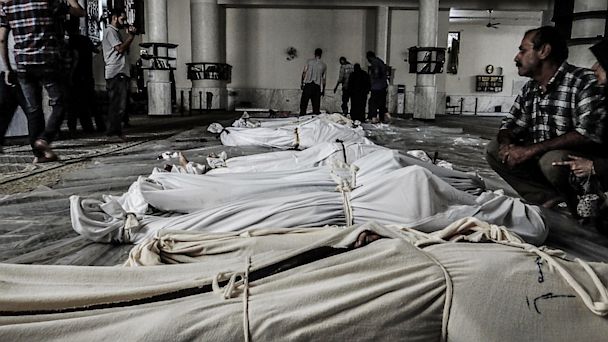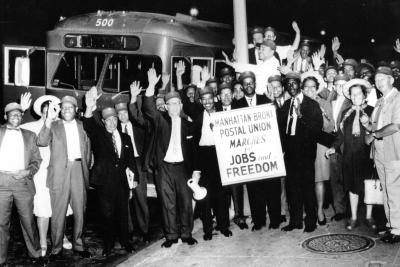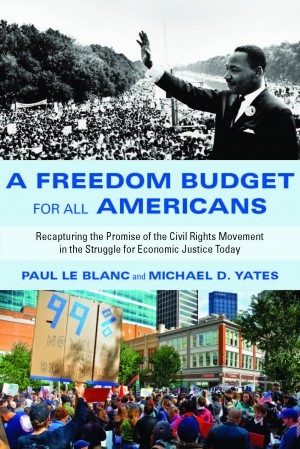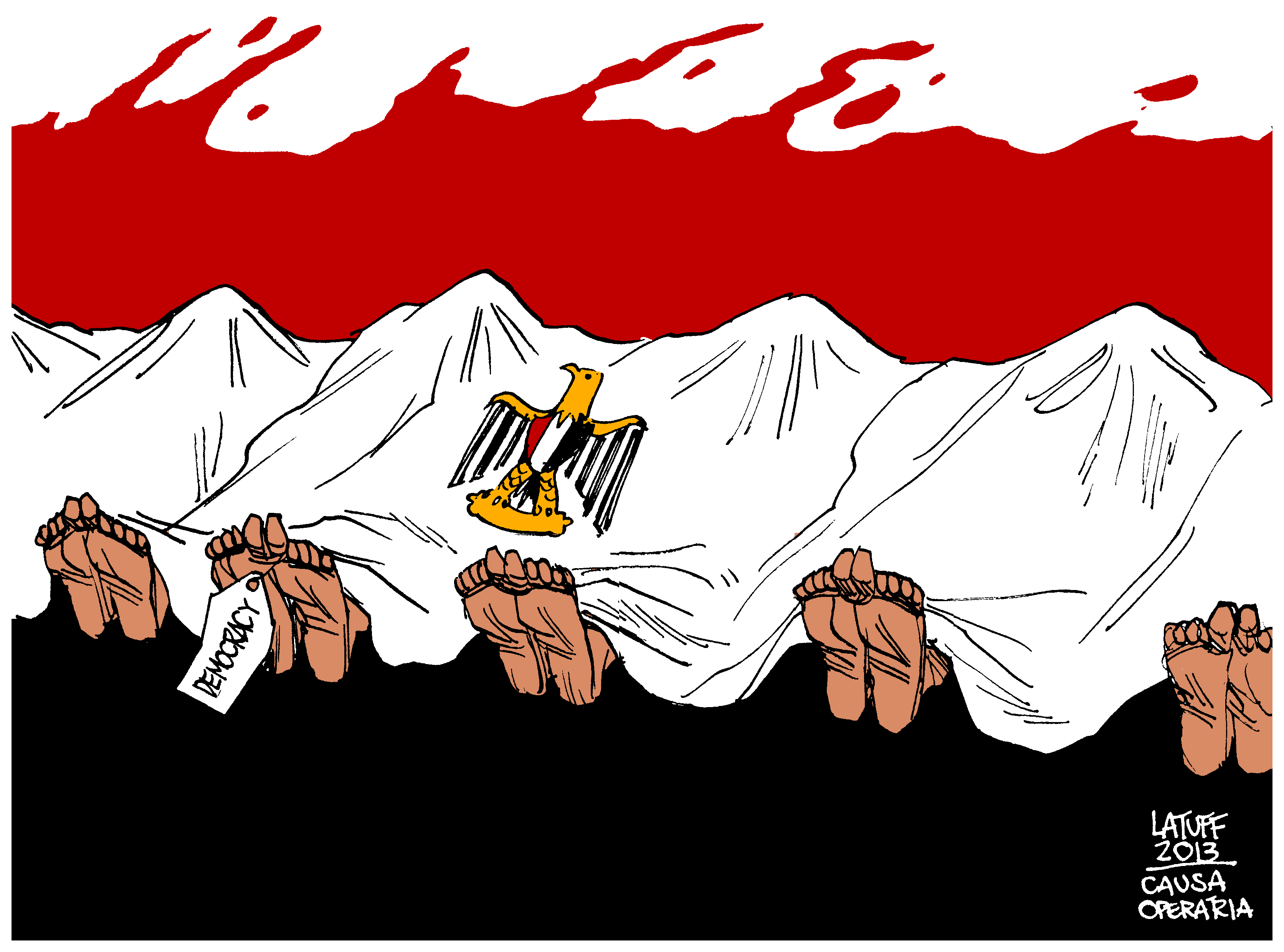Britain: Solidarity with the people of Syria

Joint statement supported by British socialist organisations, the International Socialist Network, Socialist Resista
Roundtable on Syria; Michael Karadjis on arming the anti-Assad rebels

Victims of the alleged August 21 chemical weapons attack.
Latin America, Cuba: Against the attack on the Syrian people, no more deaths and lies
Cuba: Statement of the Ministry of Foreign Affairs on Syria
Havana, August 28, 2013 – The Ministry of Foreign Affairs of the Republic of Cuba issued the following statement regarding the growing threats against Syria. The recent pronouncements of the US government and several NATO alli
European left statements against the threat of US-led war on Syria (updated Sept. 3)
Below are a number of statements (or news reports of statements) by European left parties on the crisis in Syria.
Extreme weather, more extreme greenhouse gas emissions beckon urgent activism

By Patrick Bond, Durban
Socialism and the workers' movement: comments on Lars Lih on the narrative of their merger

Lars Lih.
By Jonathan Strauss
Egypt: Workers' hopes dashed after military coup

"The Egyptian Federation of Independent Trade Unions supports the demands of the people's revolution and calls for a general strike of Egyptian workers", reads a bann



